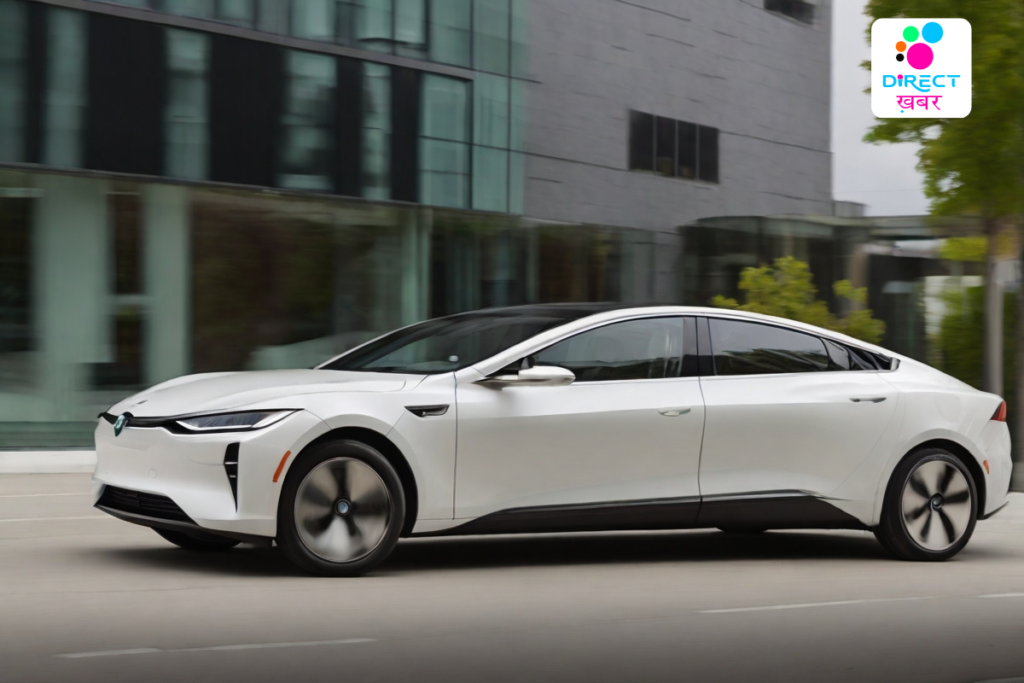Hybrid vs. Electric Cars: Choosing the Best Option
In the rapidly evolving automotive landscape, the choice between hybrid and electric vehicles has become increasingly important for consumers. Both offer environmentally friendly alternatives to traditional gasoline-powered vehicles, but they have distinct characteristics that appeal to different preferences and lifestyles. This article aims to provide a comprehensive comparison of hybrid and electric vehicles to help individuals make an informed decision based on their needs and priorities.
Understanding Hybrid Cars:
Definition and operation: Hybrid vehicles combine an internal combustion engine with an electric motor and battery.
Types of hybrid systems: Full hybrids, mild hybrids, and plug-in hybrids offer varying degrees of electric propulsion.
Fuel efficiency and emissions: Hybrids generally achieve better fuel economy and lower emissions compared to conventional vehicles.
Driving experience: Hybrid vehicles often provide a smooth and quiet ride, with seamless transitions between power sources.
Exploring Electric Cars:
Definition and operation: Electric vehicles run solely on electric power stored in rechargeable batteries.
Types of electric vehicles: Battery electric vehicles (BEVs) and hydrogen fuel cell vehicles (FCVs) are the main categories.
Environmental benefits: Electric cars produce zero tailpipe emissions, reducing air pollution and greenhouse gas emissions.
Range and charging infrastructure: Range limitations and charging infrastructure availability are key considerations for electric car owners.
Performance and acceleration: Electric vehicles offer instant torque and quiet operation, resulting in swift acceleration and a unique driving experience.

Cost Considerations:
Purchase price: Electric cars typically have higher upfront costs than hybrids due to battery technology.
Operating costs: Electric cars have lower fuel and maintenance costs over the vehicle’s lifetime, offsetting the initial investment.
Government incentives: Many countries offer incentives such as tax credits and rebates to encourage the adoption of electric vehicles.
Resale value: Factors such as battery degradation and technological advancements can affect the resale value of electric cars.
Lifestyle and Convenience:
Charging vs. refueling: Electric cars require charging infrastructure, while hybrids can be refueled at gas stations.
Driving habits: Urban commuters with short daily commutes may find electric cars suitable, while long-distance travelers may prefer hybrids.
Home charging options: Owning a garage or access to charging stations can significantly enhance the convenience of owning an electric car.
Travel flexibility: Hybrids offer greater range and flexibility for long-distance travel without the need for frequent recharging.
Environmental Impact:
Tailpipe emissions: Electric cars produce zero tailpipe emissions, contributing to cleaner air and reduced carbon footprint.
Lifecycle emissions: The environmental impact of manufacturing and disposing of batteries affects the overall sustainability of electric vehicles.
Renewable energy integration: Charging electric cars with renewable energy sources further reduces their carbon footprint and environmental impact.
Sustainable materials: Both hybrid and electric car manufacturers are increasingly using sustainable materials in vehicle production to minimize environmental impact.
Technological Advancements:
Battery technology: Advances in battery technology continue to improve the range, performance, and affordability of electric cars.
Autonomous driving features: Hybrid and electric cars are integrating autonomous driving features such as adaptive cruise control and lane-keeping assist.
Connectivity and infotainment: Smart features and connectivity options are becoming standard in both hybrid and electric vehicles, enhancing the driving experience.
Choosing between a hybrid and electric car involves weighing factors such as fuel efficiency, environmental impact, cost, lifestyle, and technological advancements. While hybrid cars offer versatility and familiarity, electric cars provide zero-emission driving and long-term cost savings.
Ultimately, the decision depends on individual preferences, driving habits, and priorities. By considering the factors outlined in this comparison, consumers can make an informed choice that aligns with their needs and values in the transition towards a sustainable automotive future.
Both offer environmentally friendly alternatives to traditional gasoline-powered vehicles, but they have distinct characteristics that appeal to different preferences and lifestyles.






